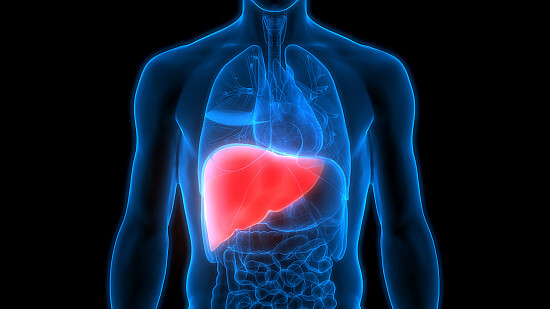Grapes may protect you from Alzheimer's: study
Sat 04 Feb 2017, 13:40:37

Eating grapes daily may provide protection against Alzheimer's disease by preventing metabolic brain decline, as well as improving attention and memory, a new study has claimed.Researchers found that consuming grapes twice a day for six months protected against significant metabolic decline in Alzheimer's-related areas of the brain in a study of people with early memory decline.
Low metabolic activity in these areas of the brain is a hallmark of early stage Alzheimer's disease. Results of the study, conducted by the University of California, Los Angeles, showed a grape-enriched diet protected against the decline of metabolic activity.
Those consuming a grape-enriched diet also exhibited increased metabolism in other areas of the brain that correlated with individual improvements in attention and working memory performance, compared to those on the non-grape diet."The study examines the impact of grapes as a whole fruit versus isolated compounds and the results suggest that regular intake of grapes may provide a protective effect against early decline associated with Alzheimer's disease," said Daniel H Silverman, lead investigator of the study.
"This pilot study contributes to the growing evidence that supports a beneficial role for grapes in neurologic and cardiovascular health, however more clinical studies with larger groups of subjects are needed to confirm the effects observed here," said Silverman.
In the study, subjects
with early memory decline were randomly selected to receive either whole grape powder - equivalent to just two and a half cups of grapes per day - or a polyphenol-free placebo powder matched for flavour and appearance. Cognitive performance was measured at baseline and six months later.
with early memory decline were randomly selected to receive either whole grape powder - equivalent to just two and a half cups of grapes per day - or a polyphenol-free placebo powder matched for flavour and appearance. Cognitive performance was measured at baseline and six months later.
Changes in brain metabolism, assessed by brain PET scans, were also measured at baseline and six months later. PET scans provide valuable predictive and diagnostic value to clinicians evaluating patients with dementia symptoms.The results showed that consuming grapes preserved healthy metabolic activity in the regions of the brain that are affected by the earliest stages of Alzheimer's disease, where metabolic decline takes hold.
Subjects who did not consume grapes exhibited significant metabolic decline in these critical regions. Additionally, those consuming the grape-enriched diet showed beneficial changes in regional brain metabolism that correlated to improvements in cognition and working memory performance.
Grape polyphenols help promote antioxidant and anti-inflammatory activities. Research suggests that grapes may help support brain health by working in multiple ways - from reducing oxidative stress in the brain to promoting healthy blood flow in the brain to helping maintain levels of a key brain chemical that promotes memory to exerting anti-inflammatory effects.
The study was published in the journal Experimental Gerontology.
No Comments For This Post, Be first to write a Comment.
Most viewed from Health
AIMIM News
Latest Urdu News
Most Viewed
May 26, 2020
Do you think Canada-India relations will improve under New PM Mark Carney?
Latest Videos View All
Like Us
Home
About Us
Advertise With Us
All Polls
Epaper Archives
Privacy Policy
Contact Us
Download Etemaad App
© 2025 Etemaad Daily News, All Rights Reserved.






























